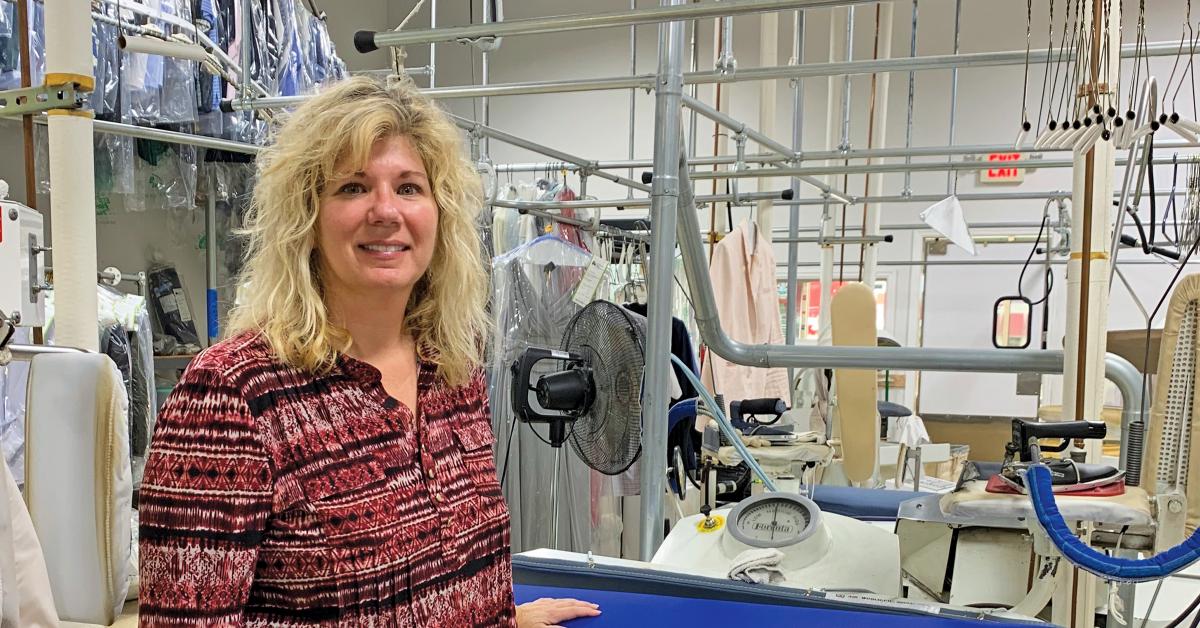CHICAGO — While choices about where to place store and plant locations seem like permanent decisions at the time, changing demographics, economic conditions and other factors may make a dry cleaner reassess his or her situation. In Parts 1 and 2 of this series, we examined the thought processes of both new and experienced owners in making these crucial selections. For this, the conclusion, we’ll look at how to know when it might be time to make some new choices.
ON THE MOVE
As communities evolve, a store in what was once a prestigious location can find itself in a now-run-down part of town. These are the times when owners must ask themselves if they should stick it out at the present location or look for greener pastures. Ziker Cleaners and Uniforms, based in Mishawaka, Indiana, operates a central plant that does same-day services for the cleaner’s stores, so the placement of its drop stores is something that the cleaner’s leadership constantly evaluates.
“We operate ‘dry’ stores, so moving is not a challenge like relocating an operating facility would be,” says David Ziker, president of Ziker Cleaners and Uniforms. “The obvious challenges are leases and finances. There are many things to consider that require surgical research and evaluation. Mistakes today can be fatal. In the drycleaning industry today, our businesses are very fragile.”
It’s also vital, when a cleaner expands to a certain point, to determine how many storefronts a drycleaning business actually needs.
“Every dry cleaner’s situation is unique,” Ziker says. “As the market leader in our area, we are finding that we have oversaturated locations that cannibalize sales from one location to the other. We also are keeping track of how neighborhoods and traffic flow changes over time. This year we have permanently closed two locations, merging them to nearby stores and converting customers to home pickup and delivery.”
One development that many business owners are keeping an eye on is the increased availability of retail space due to the shuttering of many small businesses in the wake of COVID-19. Ziker recognizes this potential opportunity but remains cautious.
“We are shrinking our brick-and-mortar footprint because our customers are finding us where we are,” he says. “I do believe that retail properties will become more available and more financially interesting due to business closings. For us to open a brand-new location in these times for our business, however, it would have to be an amazing opportunity.”
TO LEASE OR TO OWN?
One question that every retail business owner has to answer is, “Do I lease a property, or do I buy it?” Their answer can depend on a multitude of factors, including the demographics of the area, the kind of facility they want to create, property values and other issues. Ultimately, the cleaner has to weigh all the evidence and then make a decision they feel they can live with.
“The old metric of keeping rent at 10% of sales is getting harder and harder,” Ziker says. “The decision to lease or develop property yourself is critical. The terms and the financing that relate to the forecasted sales volumes all must be closely evaluated.”
“I would only lease space for drop stores, as I want to make sure they can be easily relocated in the event the anchor store of the strip mall moves away,” says Linda Mitchell, the owner of Trinity Dry Cleaners in Lawrenceville, Indiana. “Of course, that comes after determining which area I needed to put the store when I studied demographics and competition.”
Paul Zeck, owner of Andy’s Cleaners, located in Oak Ridge North, Texas, says he is glad he purchased the land for his plant. “Our location was not inexpensive, but considering that we were building a home for a family-owned and -managed plant, we think the purchase of our own real estate was the most important decision we made,” he says. “We have no regrets.”
For Part 1 of this series, click HERE. For Part 2, click HERE.
Have a question or comment? E-mail our editor Dave Davis at [email protected].

